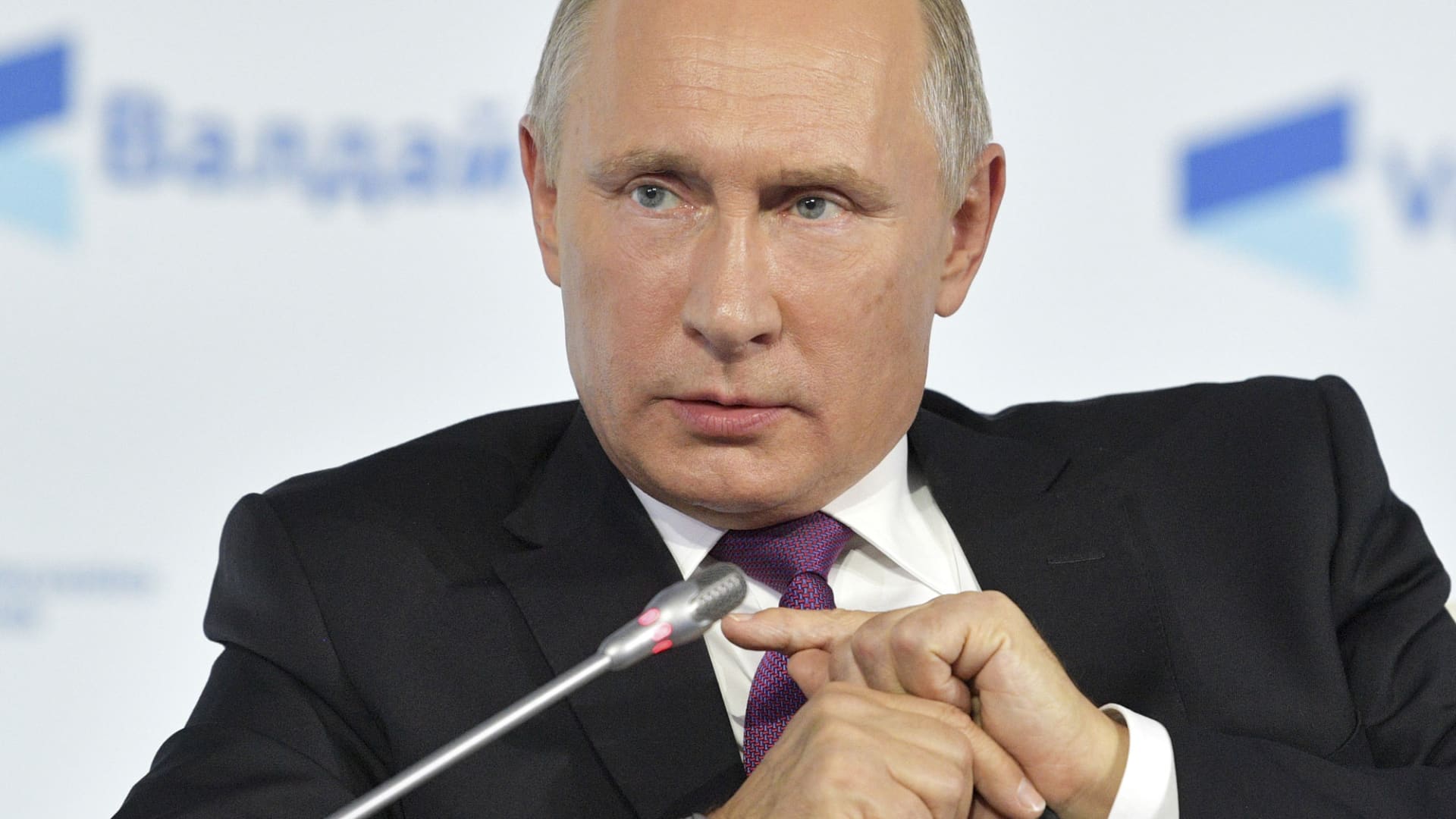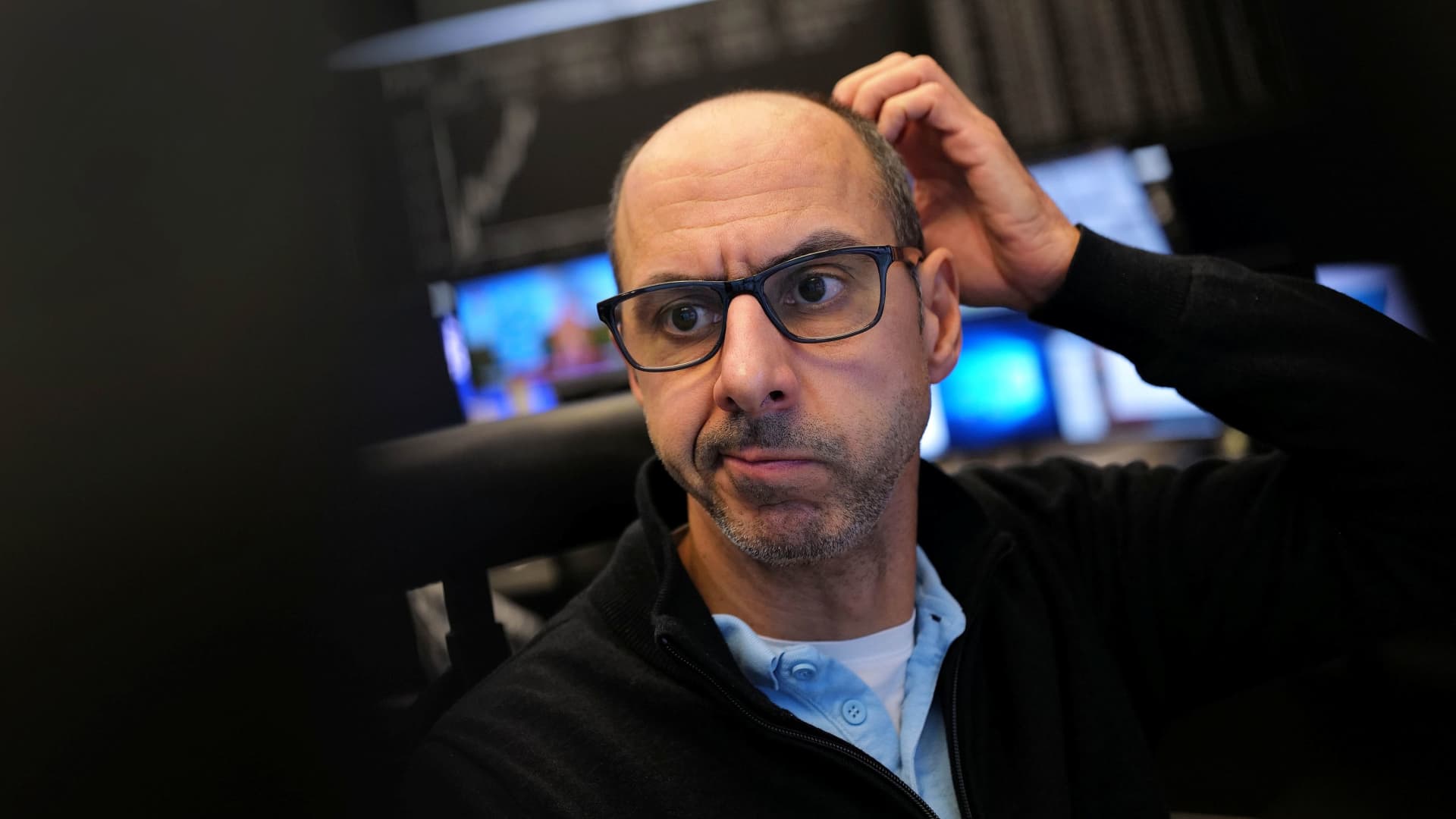
Ukraine must win. Russia must lose. It’s really that simple.
So, Let’s first stipulate that you agree with that end goal, as has everyone from U.S. President Joe Biden and House Speaker Nancy Pelosi to German Chancellor Olaf Scholz and European Commission President Ursula von der Leyen.
To embrace anything less would be immoral, set a historical precedent with catastrophic costs, and unravel what remains of our fraying international order of rules and institutions.
President Biden laid out the argument clearly in his New York Times op-ed this week. His words should be read closely by all members of his administration and NATO allies who are still acting too tentatively in providing Ukraine the weaponry, and the freedom of action in using it, to ensure Ukraine’s victory.
“Standing by Ukraine in its hour of need is not just the right thing to do,” wrote President Biden. “It is in our vital national interests to ensure a peaceful and stable Europe and to make clear that might does not make right. If Russia does not pay a heavy price for its actions, it will send a message to other would-be aggressors that they too can seize territory and subjugate countries… And it would mark the end of the rules-based international order and open the door to aggression elsewhere, with catastrophic consequences the world over.”
In short, we must stop Russian President Vladimir Putin now to ensure the rule-of-the-jungle doesn’t replace the rule-of-law.
Why write all this now, as Putin’s war in Ukraine passes its hundredth day? Most simply, it’s because Putin is showing grinding gains after shifting tactics in response to Ukraine’s unexpected victories and resilience, and Russian troops’ heavy losses and abysmal performance in the war’s early stages.
Putin’s brutal new approach is to pulverize Ukrainian population centers in eastern and southern Ukraine with stand-off weapons, thus emptying them of their people through death or flight, with less risk to his own troops, replicating the brutal tactics he deployed in Syria. Once these cities and towns are drained of their humanity, his troops can then “liberate” the rubble, seize the territory, and position Russia for the most advantageous peace deal possible, or a further offensive.
At the same time, Putin has been striking at Ukraine economically by blockading its grain exports and either destroying or stealing its available supplies. Though Putin continues to choke on tough sanctions against him, he is willing to risk starvation elsewhere while wagering that he can outlast Western support for Kyiv through upcoming election cycles and other democratic distractions, such as the recent U.S. school gun shootings and Supreme Court battles.
There is a way, however, to counter Putin’s new tactics. It will require the newly united West and its Asian partners to grow even more determined, creative, and proactive through a combined military, economic and public relations offensive that would again put Putin on his back feet.
The aim should not be to ensure a stalemate, which has allowed Putin to take 20% of Ukrainian territory, nor pressure Ukraine into a self-defeating peace agreement, but rather to give Ukraine the means to retake territory through a counteroffensive — perhaps most importantly at the strategic southern Ukrainian city of Kherson — which would ensure access to Odessa and to the Black Sea now and in any eventual peace agreement.
Most important is for Ukraine’s potentially fatigued supporters, and even for those countries still sitting on the fence, not to lose sight of the barbarity of Putin’s atrocities and thus the moral responsibility to oppose them.
“It’s extremely important that we don’t forget the brutality,” Jens Stoltenberg, NATO’s secretary general, told the Atlantic’s Tom McTague in the most emotional of terms. “Of course, it is emotional. This is about people being killed; it’s about atrocities; it’s about children, women being raped, children being killed.”
With that in mind, it’s flat wrong for the U.S. or any arms supplier to limit Ukrainian fire to hitting only Russian targets on Ukrainian soil. In his otherwise excellent op-ed, Biden wrote, “We are not encouraging or enabling Ukraine to strike beyond its borders. We do not want to prolong the war just to inflict pain on Russia.”
Think about that for a moment. If someone is killing your family members by shooting across a fence from your neighbor’s yard, what good is a weapon that can only shoot as far as your side of the fence? If you don’t take out the shooter, the killing continues. It’s this kind of self-defeating restraint that makes Putin so confident he can win through attrition.
At the same time, the collective West, working closely with Turkey, needs to open Ukraine’s Black Sea ports, particularly at Odessa, to address a Putin-generated global food crisis and enable Ukraine to sell the 28 million tons of grain it has in storage.
For justification, one can call upon the Montreux Convention of 1936 which regulates traffic through the Black Sea and guarantees “complete freedom” of passage for civilian vessels.
Said David Beasley, executive director of the United Nations World Food Programme, “Failure to open those ports in Odessa region will be a declaration of war on global food security.”
Historians point to the Winter War between the Soviet Union and Finland in 1939-1940 to demonstrate that a smaller but more determined country with less military strength can outlast Moscow and retain its sovereignty.
What’s true is that Moscow then, despite overwhelming strength in tanks and aircraft, suffered severe losses and made few gains initially following their invasion in November 1939, three months after the outbreak of World War II.
Finland held off Soviet forces for more than two months, inflicting substantial losses before the Soviet Union adopted different tactics, and overcame Finnish defenses in February. Finland reached a peace deal in March 1940 that ceded 9% of its territory to the Soviet Union. Though Moscow’s reputation suffered, and it was removed from the League of Nations, it came away with more territory than it had initially demanded.
On the negative side, Putin is every bit as determined as Soviet dictator Joseph Stalin, and shares Stalin’s utter indifference to casualties and human suffering.
On the positive side, Ukraine is receiving dramatically more outside support than Finland did at the time.
Yet without even more Western resolve, Putin can still win, and Ukraine can still lose. Ukraine and the West need to show Putin a dead end and not an off-ramp.
— Frederick Kempe is the President and Chief Executive Officer of the Atlantic Council.







